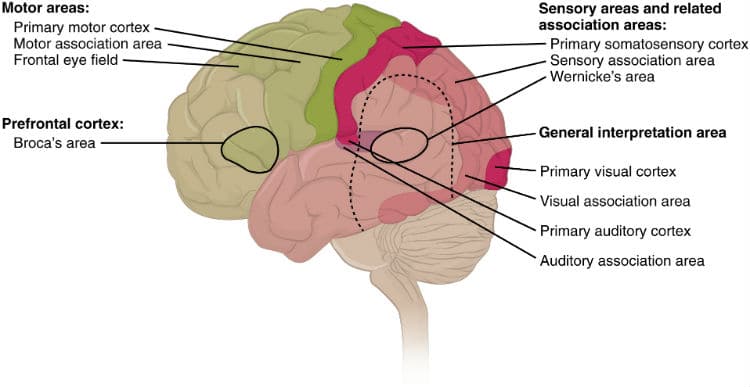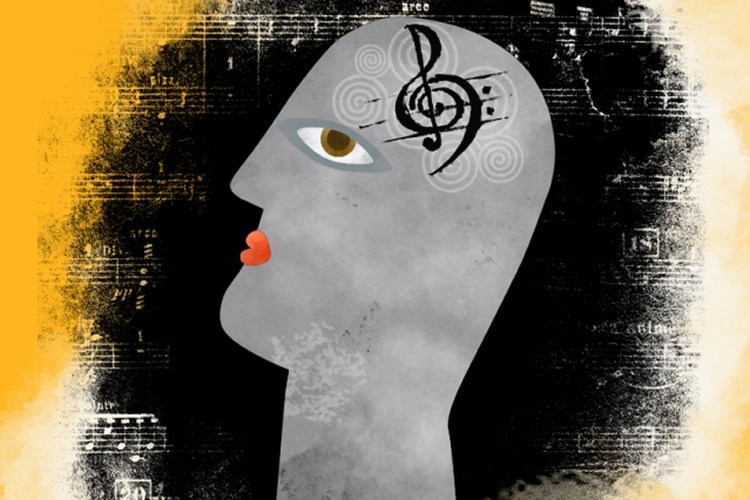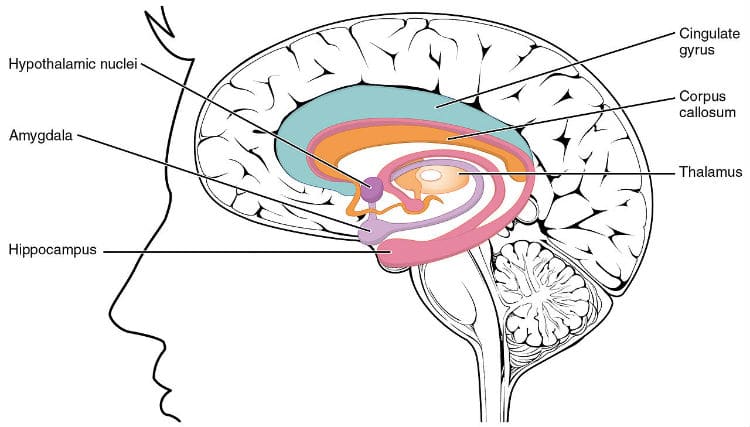If music sends shivers down your spine, you have a special brain
Central photo Photo Credit: Wuhuiru55/Wikimedia Commons
If a good beat sends shivers down your spine, you may have a unique brain. According to research published by Social Cognitive and Affective Neuroscience, people whose bodies respond to music have structurally different brains than the rest.
In these individuals, the auditory cortex communicates more efficiently with those brain areas associated with emotional processing. Matthew Sachs, a PhD student at USC and the study’s lead researcher, says this is because far more fibers link the two regions. Such conclusions offer profound scientific and philosophical insights, shedding light on why music has touched so many since the beginning of humankind.
“Together, the present results may inform scientific as well as philosophical theories on the evolutionary origins of human aesthetics, specifically of music,” the study’s authors explain.“Perhaps one of the reasons why music is a cross-culturally indispensable artifact is that it appeals directly through an auditory channel to emotional and social processing centers of the human brain.”
To learn more about the research, check out USC’s podcast on the study:
If you get the chills from music, you may have a unique brain. Listen to what a USC researcher says about people who could have an enhanced ability to experience intense emotions
When Alissa Der Sarkissian hears the song “Nude” by Radiohead, her body changes.
“I sort of feel that my breathing is going with the song, my heart is beating slower and I’m feeling just more aware of the song — both the emotions of the song and my body’s response to it,” said Der Sarkissian, a research assistant at USC’s Brain and Creativity Institute, based at the USC Dornsife College of Letters, Arts and Sciences.
Der Sarkissian is a friend of Matthew Sachs, a PhD student at USC who published a study last year investigating people like her, who get the chills from music.
The study, done while he was an undergraduate at Harvard University, found that people who get the chills from music actually have structural differences in the brain. They have a higher volume of fibers that connect their auditory cortex to the areas associated with emotional processing, which means the two areas communicate better.
“The idea being that more fibers and increased efficiency between two regions means that you have more efficient processing between them,” he said.
People who get the chills have an enhanced ability to experience intense emotions, Sachs said. Right now, that’s just applied to music because the study focused on the auditory cortex. But it could be studied in different ways down the line, Sachs pointed out.
Sachs studies psychology and neuroscience at USC’s Brain and Creativity Institute, where he’s working on various projects that involve music, emotions and the brain.
Click the audio clip above to hear how music and the chills work.
The primary auditory cortex is roughly located in the center.

Photo Credit: Open Stax College/Wikimedia Commons

